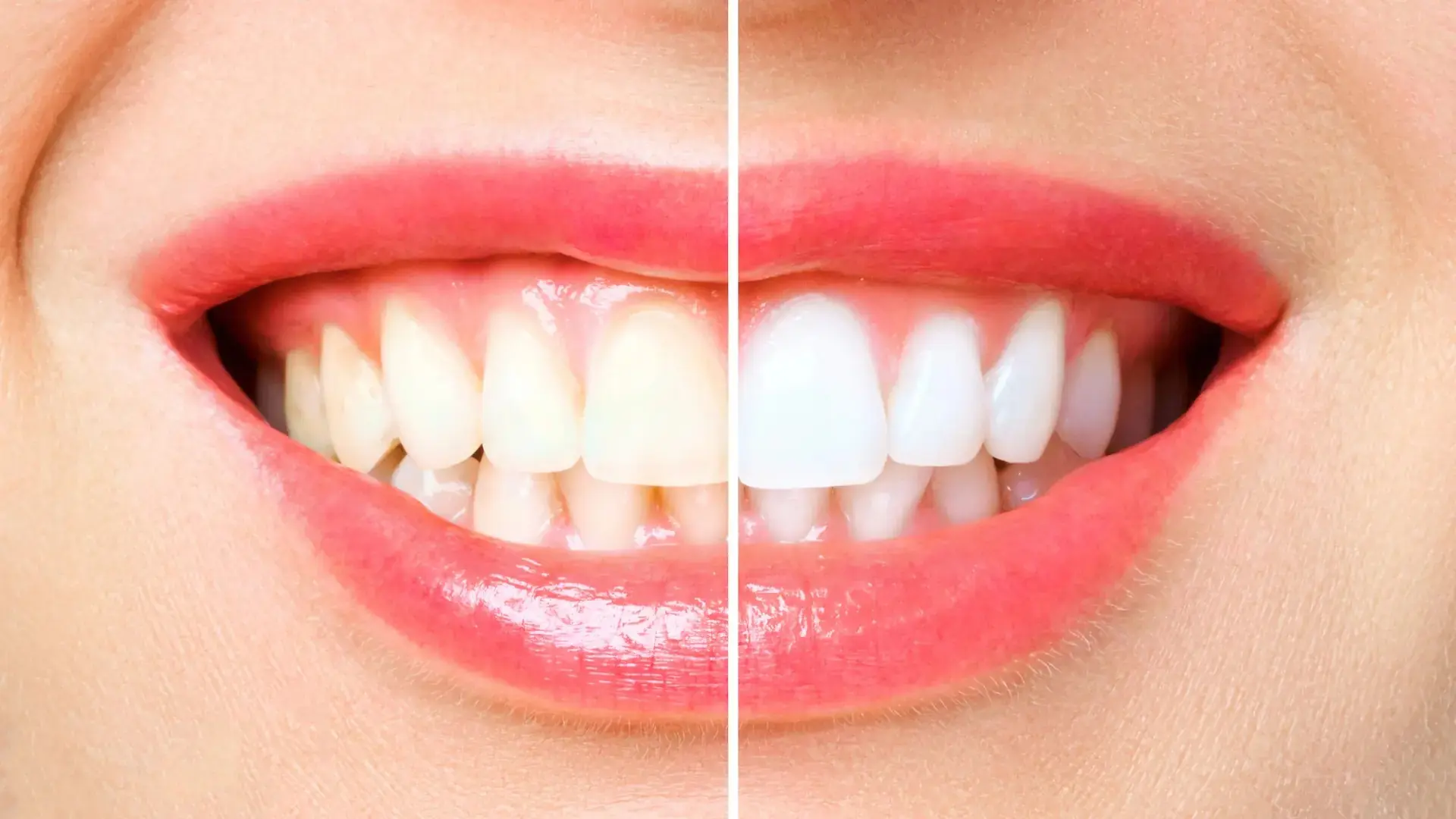
What Happens to Your Body When You Stop Eating
When you stop eating, your body undergoes a series of complex and fascinating changes in order to adapt and survive without food. These changes occur in stages and involve your metabolism, hormones, and energy systems. Understanding what happens to your body when you stop eating can help you make informed decisions about fasting and nutrition.
In the first few hours after your last meal, your body is still using glucose—the sugar obtained from food—as its main source of energy. The liver stores glucose in the form of glycogen, which can provide energy for about 12 to 24 hours. During this period, your blood sugar levels remain relatively stable, and you may not feel very different. However, as the glycogen stores begin to run low, your body starts searching for an alternative energy source.
After around 12 to 19 hours without food, the body begins to shift into a state called ketosis. In this process, the liver starts breaking down fat into molecules called ketones, which can be used as fuel, especially by the brain. This metabolic switch marks a key stage in fasting. As ketones rise in the blood, many people report improved focus, mental clarity, and a reduction in hunger. However, others may experience dizziness, fatigue, or irritability during this adjustment phase.
By the 24-hour mark, your insulin levels drop significantly. Lower insulin helps the body access stored fat more easily and may have anti-inflammatory effects. During this period, another powerful process begins to accelerate—autophagy. Autophagy is the body’s natural recycling system that removes damaged cells and proteins, allowing new, healthy cells to regenerate. Scientists believe that autophagy may contribute to longevity and lower the risk of diseases such as cancer, Alzheimer’s, and heart disease. This is one of the main reasons intermittent fasting has become popular for its potential health benefits beyond weight loss.
After two to three days without food, the body becomes even more efficient at using fat for fuel. Protein breakdown in muscles increases slightly to provide essential amino acids for the brain and other organs. However, the body tries to minimize this loss by preserving muscle mass as much as possible. Hormones like growth hormone rise to help protect muscle tissue and promote fat metabolism. Despite these adaptations, prolonged fasting without medical supervision can be risky and lead to nutrient deficiencies, dehydration, and weakness.
Psychologically, fasting can be challenging. Hunger hormones such as ghrelin fluctuate, and while some people adapt and feel energized, others may experience mood swings, headaches, or difficulty concentrating. Hydration is also crucial, as water intake supports kidney function and helps flush out toxins released during fasting. Drinking enough fluids and maintaining electrolyte balance are essential to avoid side effects like dizziness and fatigue.
In the long term, short periods of fasting—when done safely—can improve insulin sensitivity, promote fat loss, and support cellular health. However, extreme or prolonged fasting can be harmful, particularly for individuals with underlying health conditions, pregnant women, or those with eating disorders. It’s always important to consult a healthcare professional before attempting any extended fast.
In conclusion, when you stop eating, your body transitions through remarkable physiological stages to maintain energy and balance. From using stored glucose to burning fat and activating autophagy, these processes reveal the body’s incredible ability to adapt. While fasting can offer potential benefits for health and longevity, it should be approached carefully and responsibly. Food is not only a source of energy—it’s also a vital part of overall well-being. Listening to your body and nourishing it wisely remains the key to a healthy and sustainable lifestyle.
News in the same category

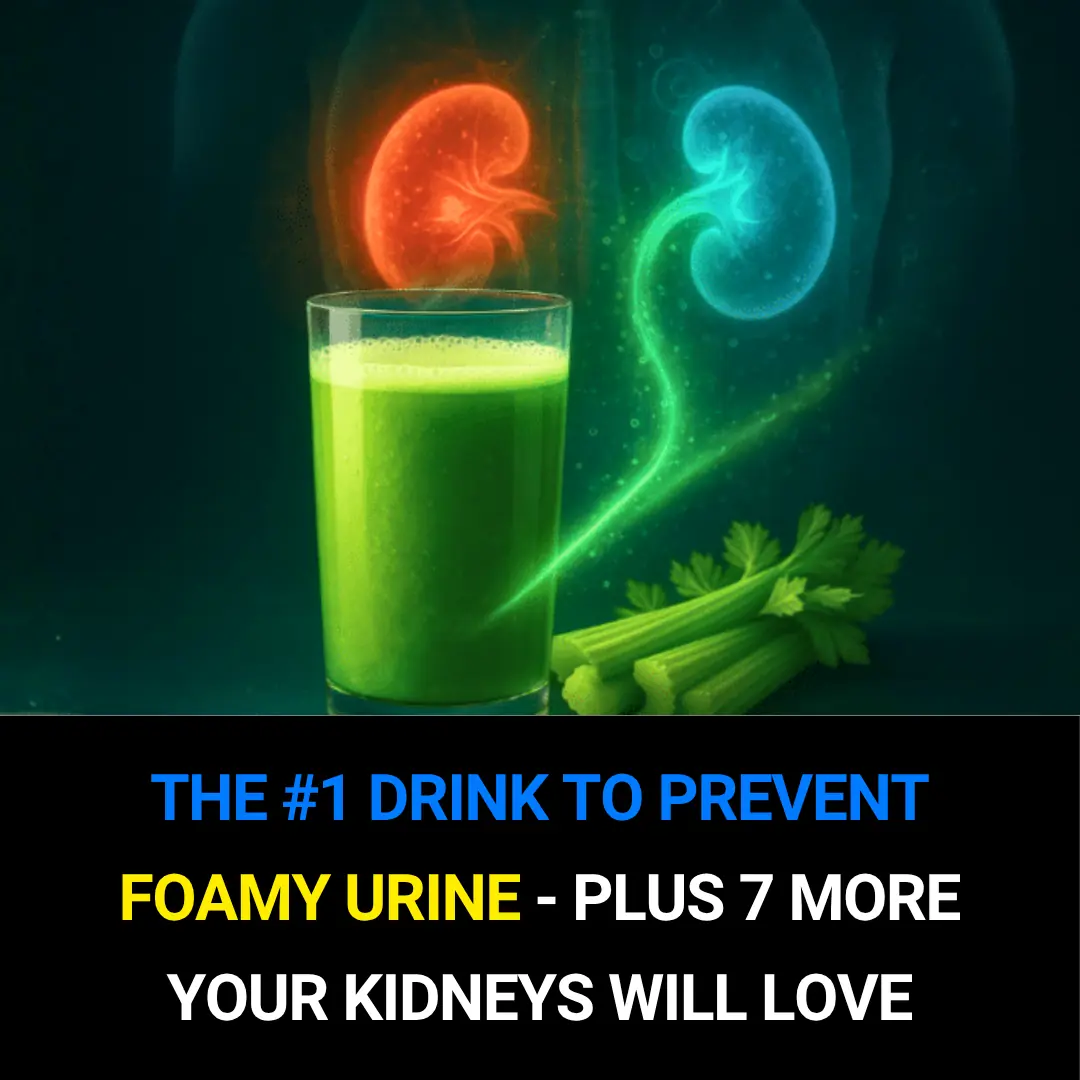
The #1 Drink to Prevent Foamy Urine — Plus 7 More Your Kidneys Will Thank You For
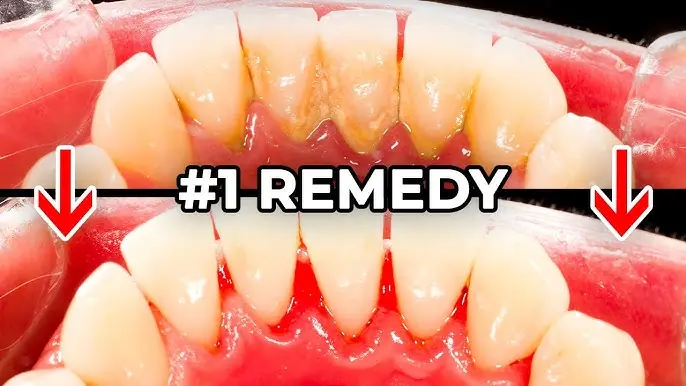
The #1 Most Effective Remedy for Dental Plaque (And How to Beat Tartar at Home)

JUST 1 CUP FLUSHES POUNDS OF TOXIC WASTE

Just 2 Nuts a Day Can Support Your Thyroid, Help With Weight Loss, and Balance Blood Sugar
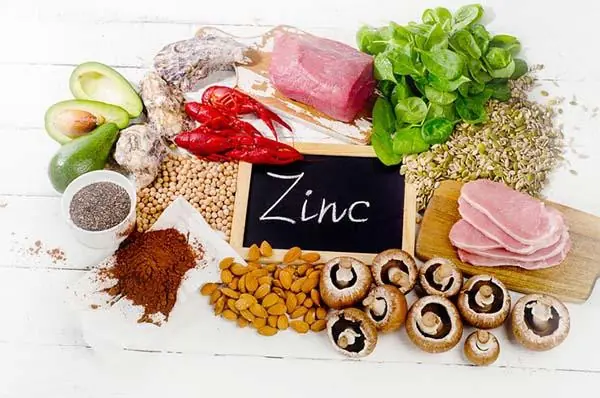
Zinc Deficiency Triggers Inflammation in Your Body — Here’s What to Eat to Fix It
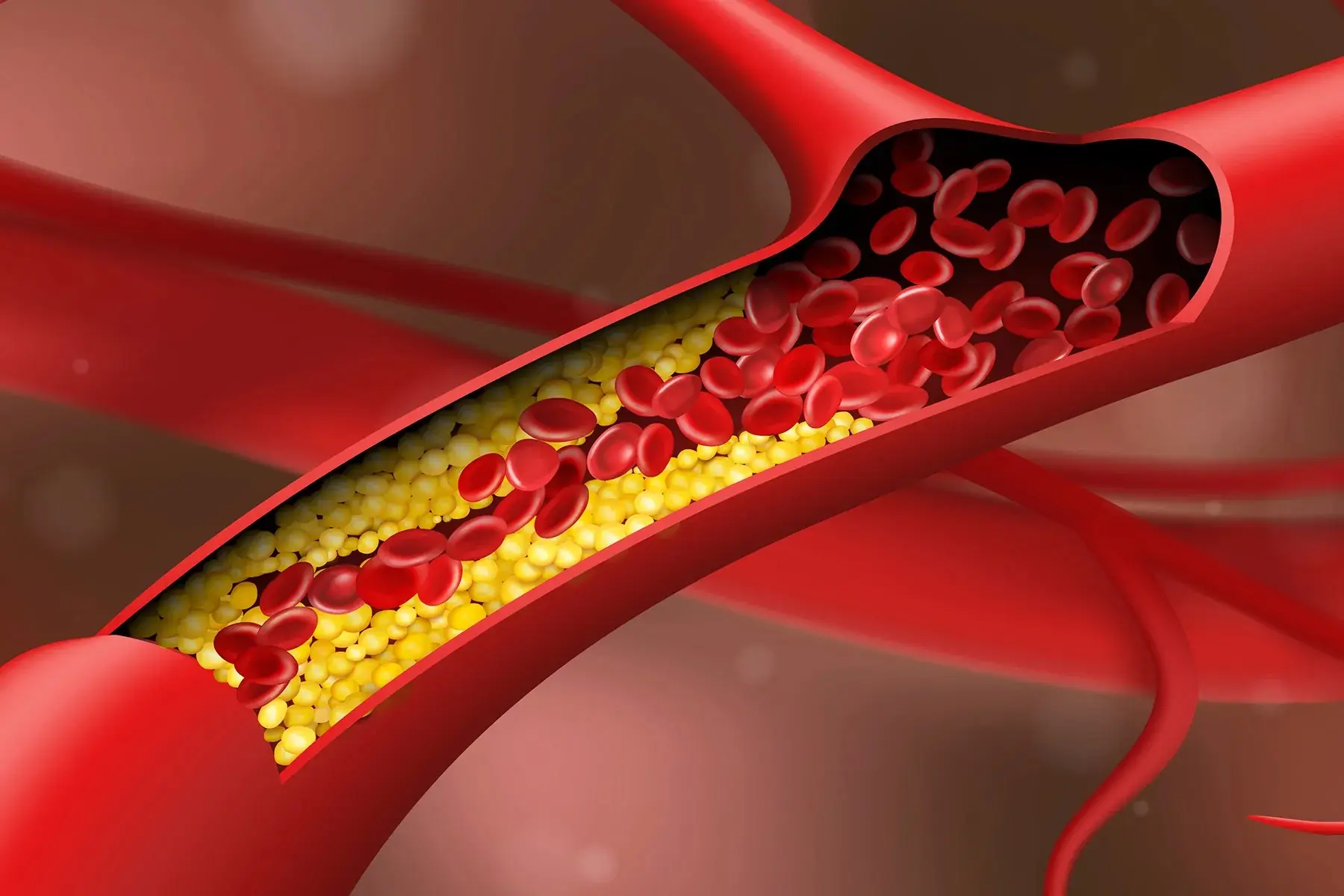
CLEANSE CLOGGED ARTERIES WITHOUT MEDICATION
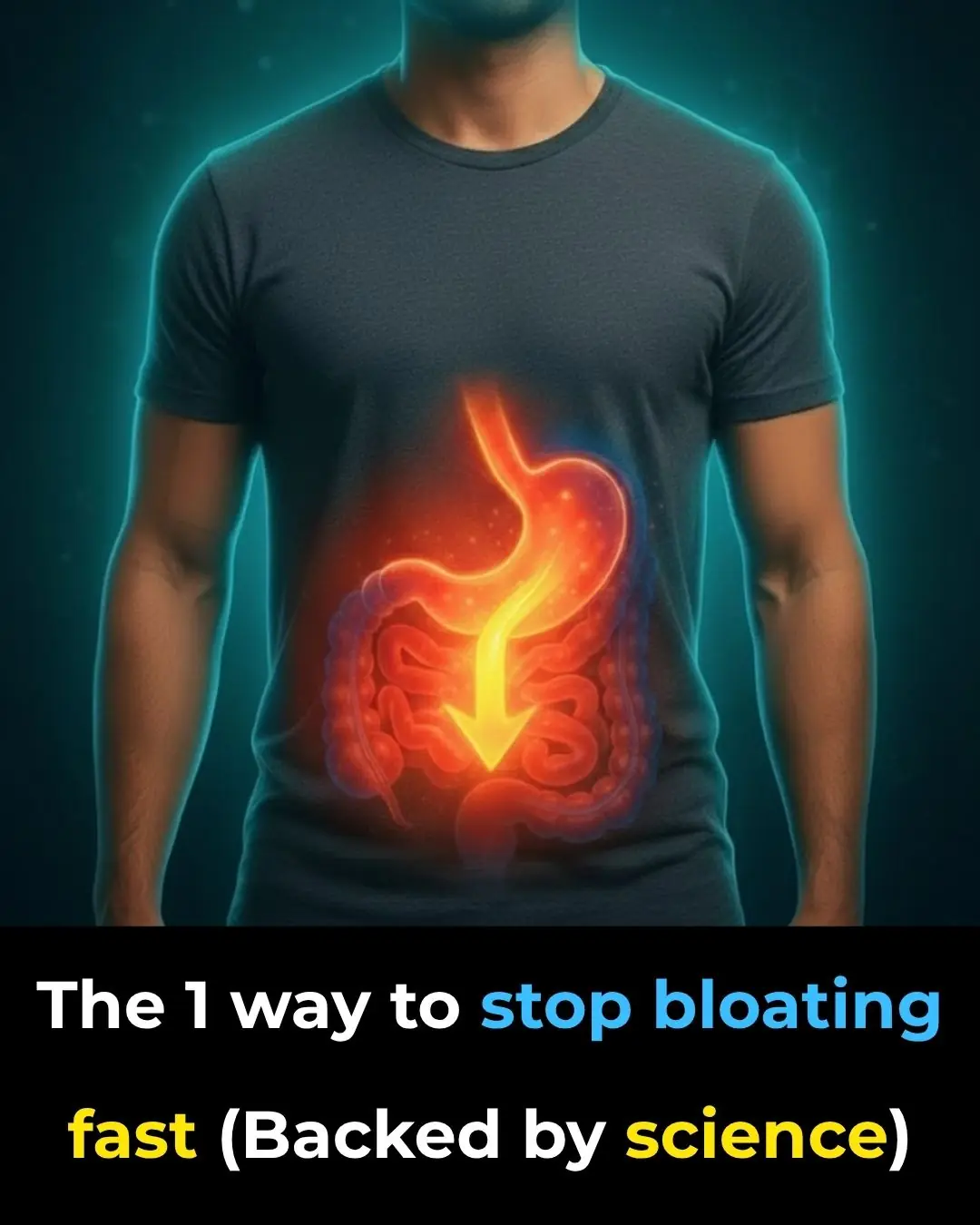
The #1 Way To Stop Bloating Fast
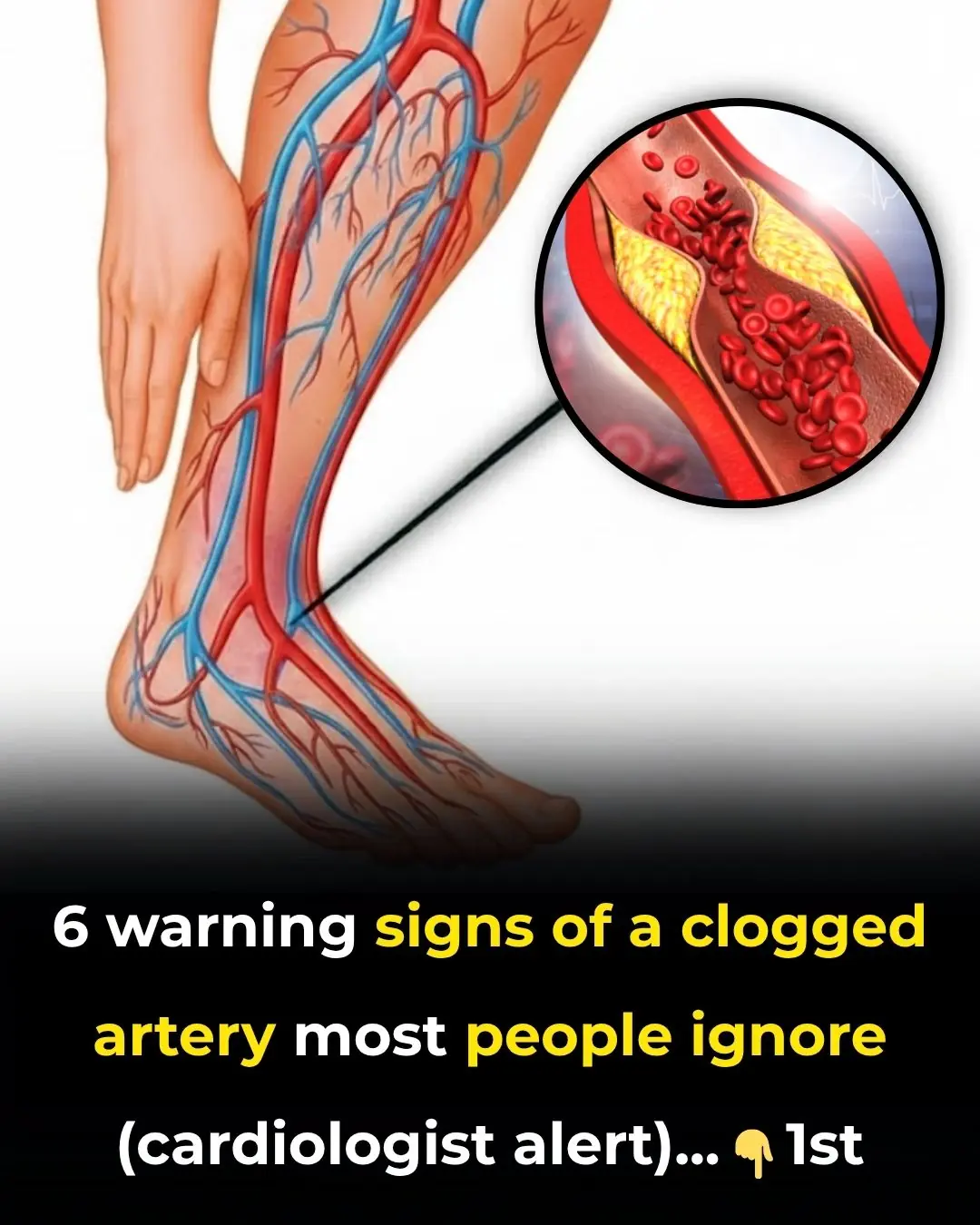
6 warning signs of a clogged artery most people ignore (cardiologist alert)
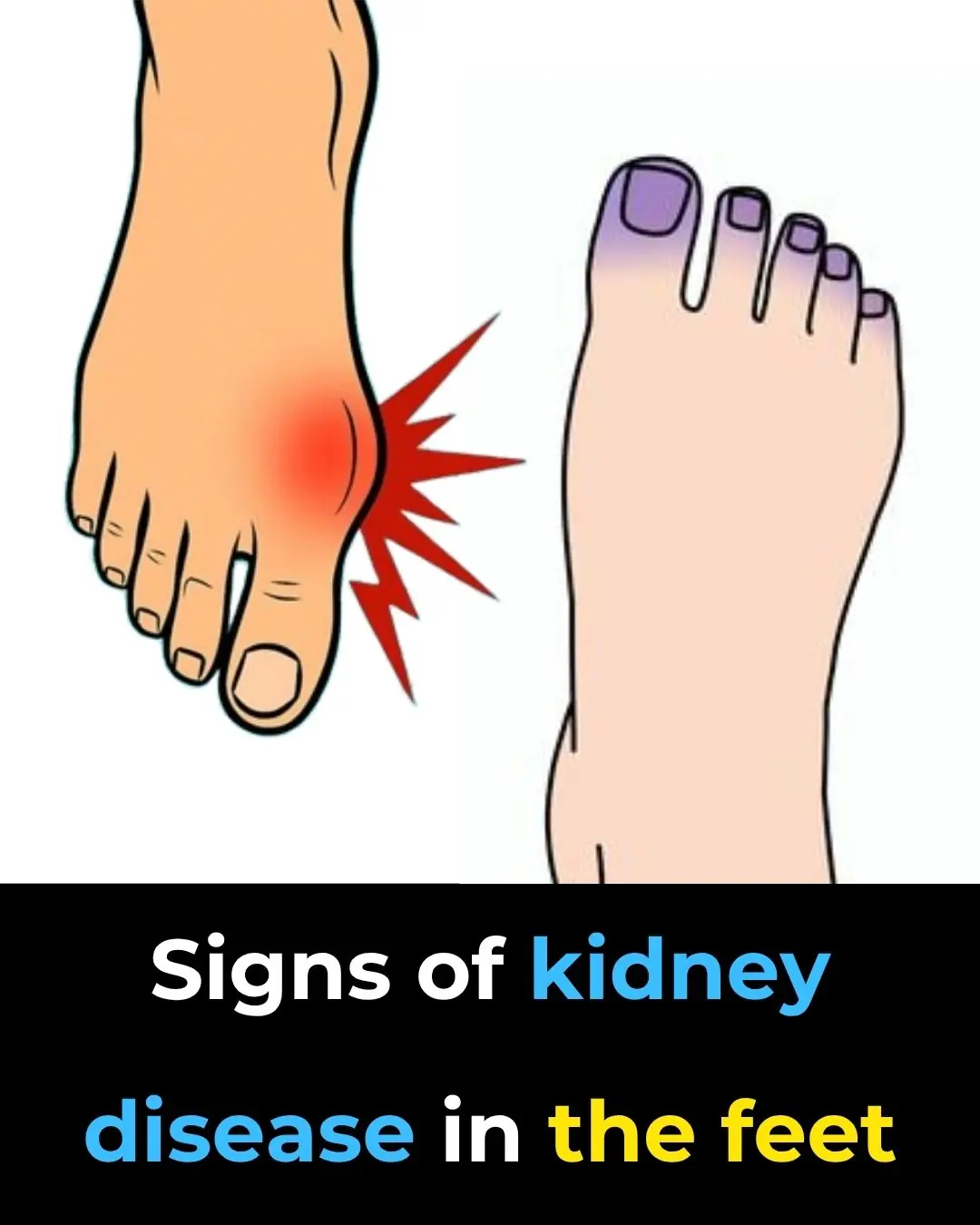
Foot Symptoms That Could Signal Kidney Problems

Redness Swelling and Warmth in One Leg

These are the signs that he is...read more

12 weird signs your body isn’t making enough bile—don’t ignore these!

12 Fish Species You Need to Know to Avoid

🦴 The Vitamin & Mineral Deficiencies That May Be Behind Leg and Bone Pain

🩺 Unusual Case of Sweet Syndrome Triggered by New Inhaler Therapy in Primary Care

Tomato Benefits for Skin – Rub Tomato Slice on Face

Hidden Dangers on Your Plate: 4 “Clean” Foods That Can Secretly Harm Your Health
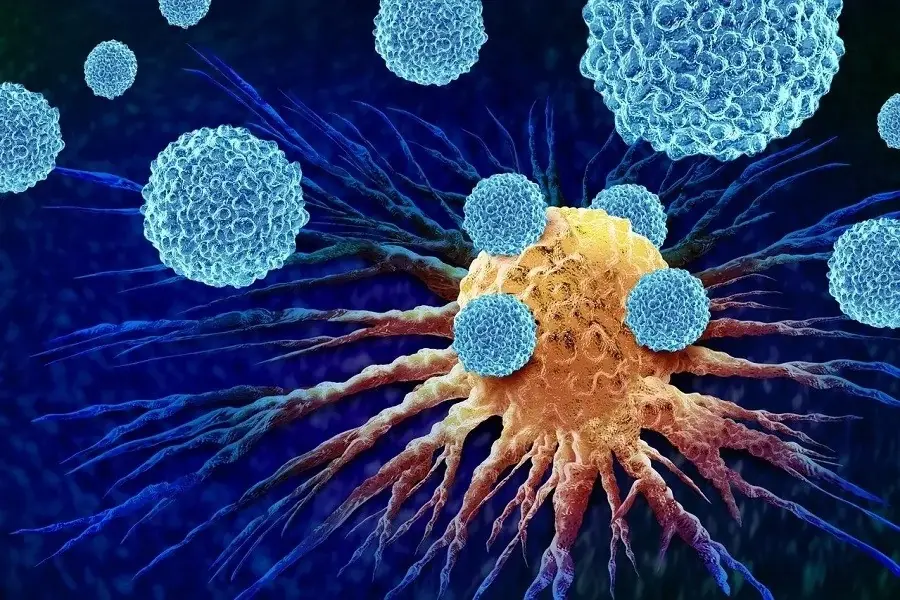
4 Unusual Signs in Your Neck That Could Be Symptoms of Cancer — Don’t Ignore Them
News Post

Most people will go their entire lives without ever knowing what the microwave ring cover is actually for

10 Morning Habits That Are Surprisingly Harmful to Your Health

6 Effective Drinks to Help Prevent Stroke – Don’t Overlook These Choices

DENTISTS HATE HOW SIMPLE THIS TEETH WHITENING HACK IS

Juniper: A Comprehensive Guide to Its Benefits and Uses

Unveil Colgate’s Secret for Silky-Smooth Feet

Evergreen Huckleberry (Vaccinium ovatum) – Benefits, Uses, and Growing Guide

A 3-Year-Old Boy Got Super Glue in His Eye — His Mother’s “Golden 30 Seconds” Saved His Sight
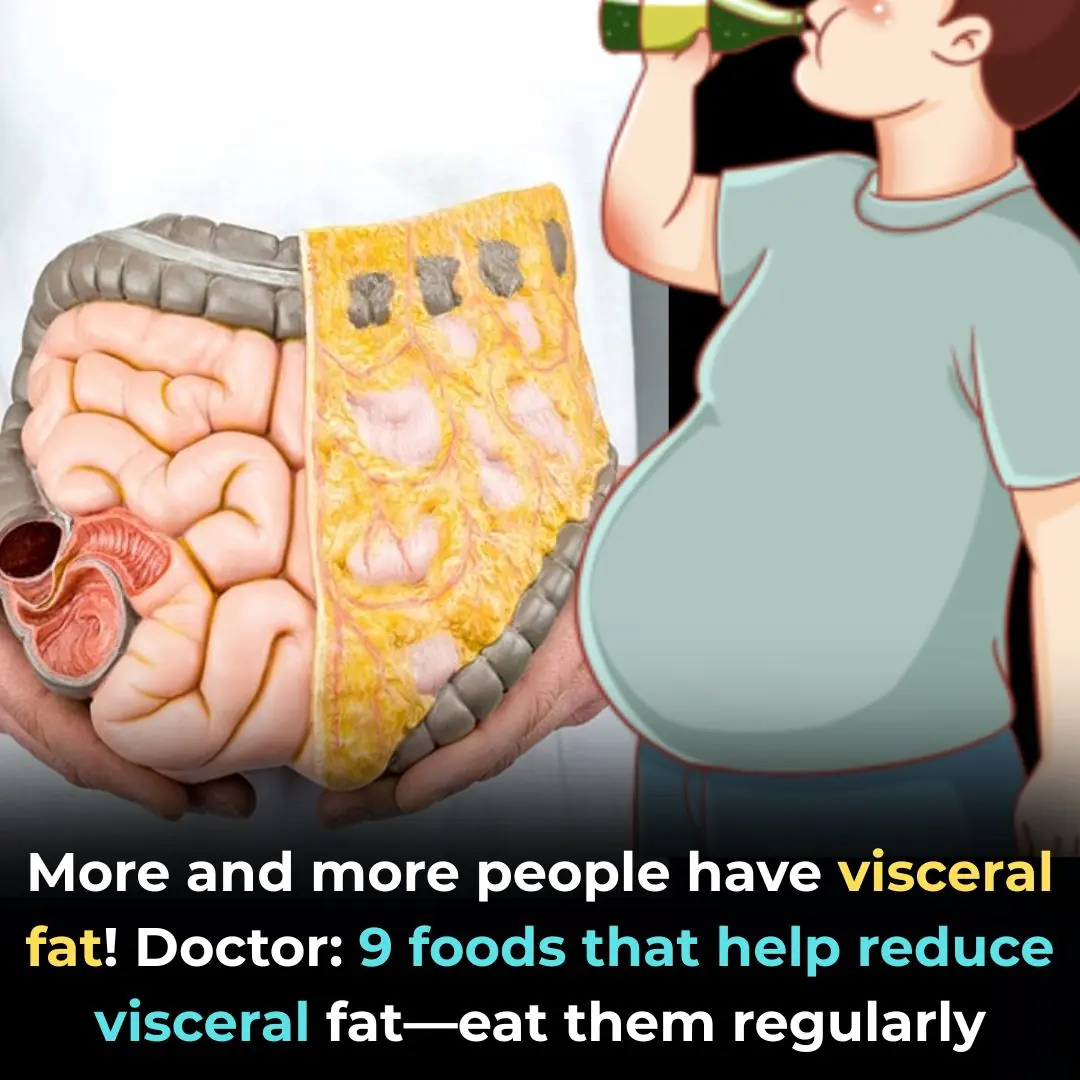
Growing Concern Over Visceral Fat — Doctors Recommend 9 Foods to Help Burn It Naturally

7 Amazing Health Benefits of Banana Blossoms

Bryophyllum Calycinum (Kalanchoe Pinnata): Benefits and Uses

Purslane: The Superfood That Tastes Better Than Meat – 7 Reasons to Grow It in Your Garden
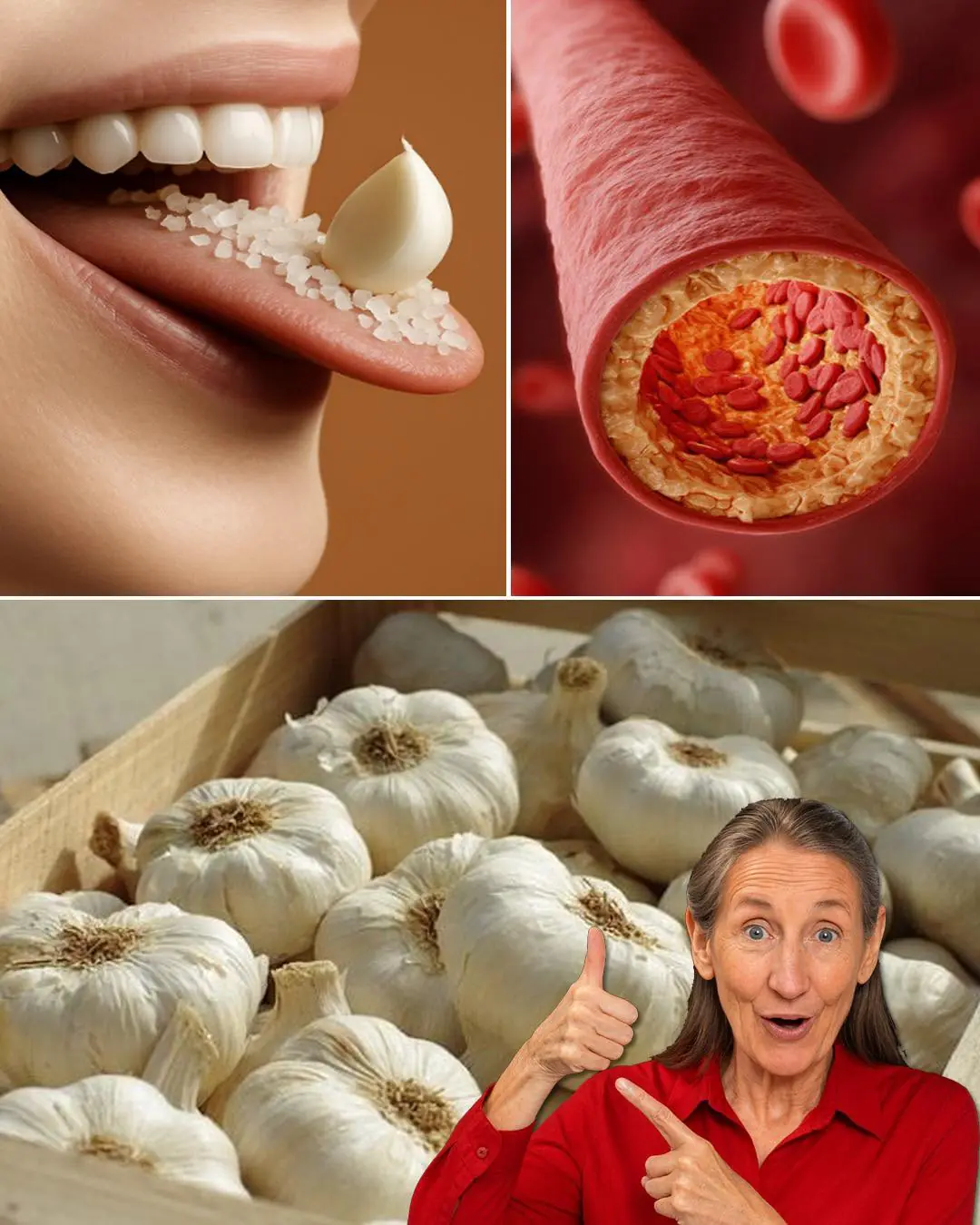
7 Benefits of Chewing Raw Garlic on an Empty Stomach

Chayote Remedy: Natural Cure for Pain, Swelling, Blood Pressure & Cholesterol

Alkaline Water – Recipe and Health Benefits for Skin & Hair

Garlic, Honey, and Cloves – a powerful natural remedy packed with health benefits

A Natural Blend of Rosemary, Cloves, and Bay Leaves

Ginger and Orange Detox Drink – Cleanse Kidneys, Liver, and Lungs Naturally

The Purple Maguey Plant — Benefits and Traditional Uses
